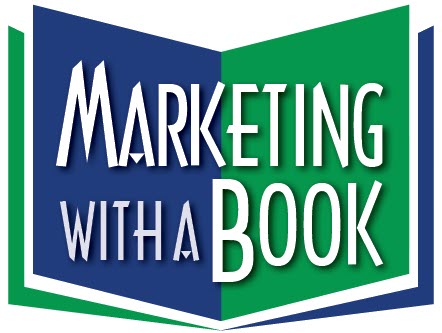Just got off the phone with my buddy David Newman of Do It Marketing. David always inspires me around the subject of speaking to generate leads.
David says there are three myths that may be holding back your success in both lead-generating professional speaking and revenue-generating professional speaking
“Myth #1: It takes a lot of money to start a speaking business — or repackage, reposition, and relaunch your speaking business,” says David.

The truth he teaches is it takes consistent steps. (Read more about him at www.doitmarketing.com).
Truly, the best proactive lead generation strategy is to regularly demonstrate your expertise by giving informative and entertaining talks in front of targeted groups of potential new clients. The trick is knowing who to contact to get booked as a speaker and developing a topic that will draw the right audience.
This blog is not for those who want to calm their nerves as they approach a podium. There will be no words of wisdom about how to conquer those common fears of public speaking (I hear Toastmasters is great for that). This is about professional speaking, not public speaking. This is for professionals and consultants who know that promoting their business with public speaking is the best way to build credibility and keep their pipeline filled with qualified prospects.
Now most consultants start out speaking for free. However some solo consultants, like best-selling business author Alan Weiss and Internet marketing expert Tom Antion, reportedly make $1 million a year with speaking as part of their revenue model. Here are five ways to get paid to market your services. These are venues that write checks to consultants to speak:
- Keynotes and breakouts at association and trade group meetings. A keynote is typically 30 to 90 minutes and usually focuses on a broad topic of interest to all attendees. A breakout session is one of the side sessions at a meeting and last from 45 to 90 minutes. This is the glamour field of professional speaking. Competition is fierce and the big fees go to celebrities (the group is trading on their star status to attract attendees). I put speaking at Vistage groups (formerly TEC) of about a dozen company presidents for half a day at $500 per speech in this category.
- Corporate training. These are typically half-day or full-day seminars and workshops conducted for a private client, usually a corporation, for a group of its employees. This might be the most lucrative field for speaking because there are many companies that have training budgets. Several clients who make hundreds speaking for Vistage make thousands when they deliver the same presentations to companies. This one-two punch has made several clients an extra $100,000 per year.
- Sponsoring your own public seminars. This is typically a full-day seminar or workshop where registration is open to the public. You market the event and earn a profit (or loss). This business is about putting fannies in seats. Many times it is a break even proposition getting the attendees there, and then you make your real money selling information products and consulting services at the back of the room after the event is over. Fees can range from $800 to $1,000 per day per attendee all the way down to my three-hour Lunch and Learn seminars for $25.
- Teaching at colleges and for public seminar companies. An alternative to running the seminar yourself is to find a sponsor. This might be for a company like Career Tracks or The Learning Annex. Or you might approach the adult education marketplace through a college or university extended studies program. Typically you might earn 25 percent of what the students pay all the way up to $1,000 for a day.
- Speaking at fundraising workshops where you split the gate. Another alternative to running the seminar yourself is to approach a trade group or association and offer to stage a fundraising seminar. They promote the event to their constituents and you agree to split the profits (typically 50/50 and you may or may not offer them 10 percent of any informational products like books and CDs that you sell in the back of the room after the event).
